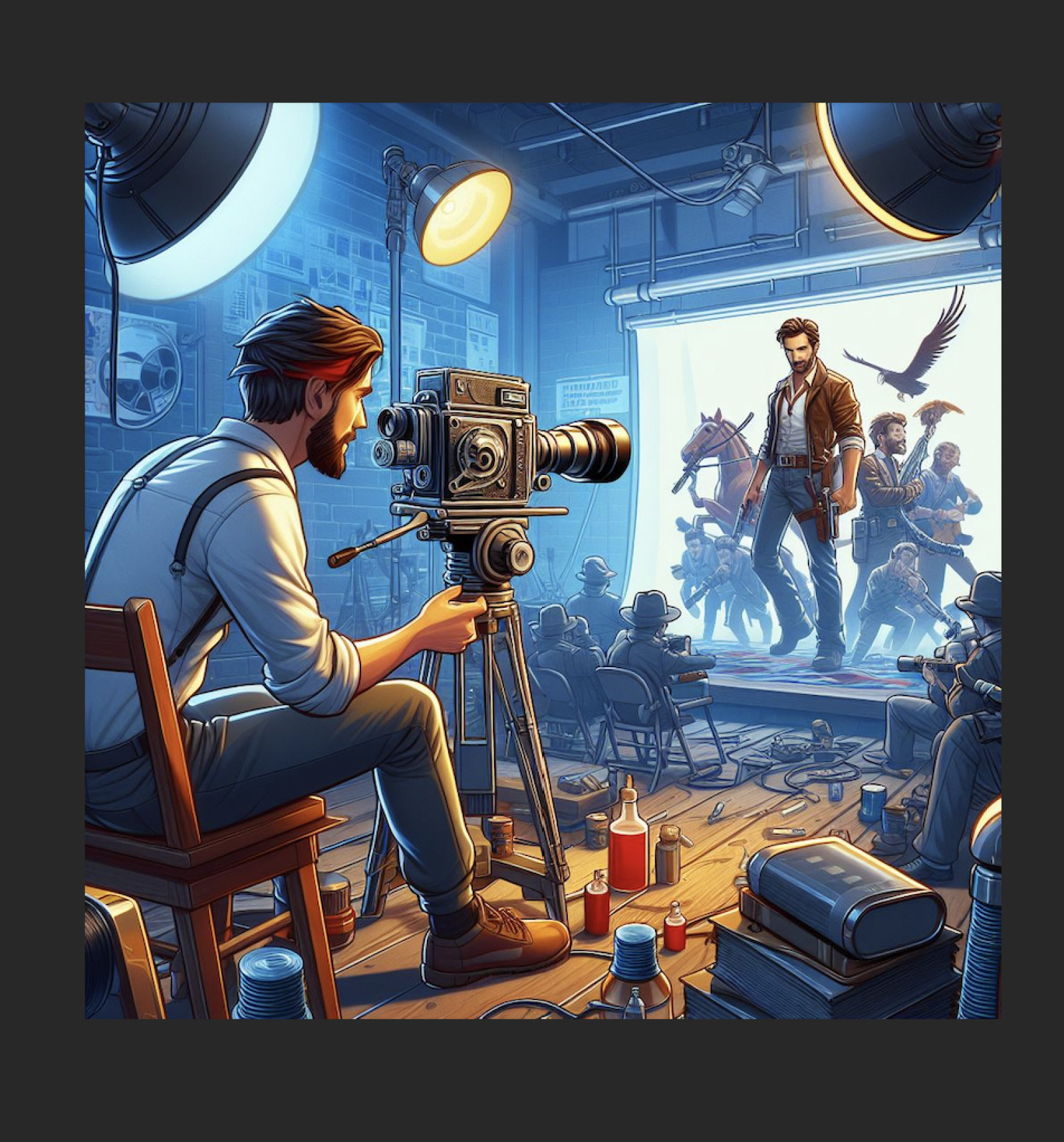The context behind Disney’s investment into Epic Games

Photo: Bing copilot

Disney announced it is investing $1.5 billion into Epic Games. The same announcement talks about a creation of an “expansive and open games and entertainment universe connected to Fortnite”. This move makes sense for Disney on several levels and is perhaps one of the most impactful games-related moves for Disney’s overall cultural relevance, engagement, monetisation capabilities, and profitability.
Retaining cultural relevance
Disney has one of the world’s most popular IP catalogues. Over the years, it has remained culturally relevant by reaching mass audiences on screens, through merchandise, and with IRL experiences such as theme parks. However, as consumers spend an increasing share of their lives in interactive digital environments (be it games or social media), the formation of cultural moments, scenes, and zeitgeists have also been moving in that direction. As this dynamic intensifies, retaining the cultural relevance of its IP is inevitably becoming more challenging for Disney. There have been several Disney-inspired games titles, often developed and published by third parties, that have typically used Disney’s IP to sell gameplay rather than used gameplay to promote Disney’s IP. Furthermore, relatively little has been done in ‘virtual world’ games (i.e., Fortnite, Roblox, etc), where hundreds of millions of gamers spend an increasing amount of their time playing, socialising, self-expressing, generating a sense of belonging, and experiencing culture. Owning a part of Fortnite, as well as Unreal Engine, as well as a distribution route through the Epic Games Store could significantly change this for Disney.
Monetising fandom in digital environments
Direct ties with Epic Games could significantly improve Disney’s capability to monetise digital fandom. In the era of low-margin streaming economics it is imperative to optimise profitability of any IP-heavy business. In 2023, in-game spending accounted for over $125 billion and this is set to grow to more than $176 billion by 2030. The majority of this will be spent on cosmetic in-game products. This investment positions Disney well to capture a share of this opportunity. Firstly, it will benefit from all in-game sales Epic Games makes. Secondly, it will open up opportunities for strategic partnerships whereby the Disney brand could become increasingly prominent in Epic Games’ in-game offerings. An uptick in digital merchandise could improve Disney’s profit margins as there are next to no recurring manufacturing costs for a digital product once it has been produced. It can be sold repeatedly without the significant additional logistical costs associated with physical product distribution. This affects licensed merchandise too, because even if the production costs aren’t directly tied to Disney, the production and logistical costs ultimately affect what the partner can afford to pay for a license.
Featured Report
Podcasts as a key information source Implications for media companies
Podcasts have begun to rival traditional media as a key source of news and political information for podcast listeners, especially among millennials and Gen Z. To stay relevant, traditional media must...
Find out more…Virtual parks
Theme parks have played an important role in Disney’s commercial success thus far. Partial ownership of one of the most popular games worlds (Fortnite), and one of the key pieces of infrastructure used to build such worlds (Unreal Engine), positions Disney well to extend on the success of its theme parks as entertainment time and money move towards the digital environment.
Owning a part of Unreal Engine
The investment creates a number of further synergies for Disney due to Epic Games’s ownership of Unreal Engine. Disney has already used Unreal Engine to produce some of its video content (The Mandolorian). A part of that cost will now become effectively internal, giving Disney a significant discount on anything related to its content produced using Unreal Engine. Furthermore, Disney will directly benefit from anyone else building on Unreal Engine too.
Entering the creator opportunity
MIDiA has regularly identified creation as becoming a part of the consumption process. The creator economy is still growing significantly and gamers in particular are increasingly keen to have creator tools embedded into their in-game experiences. These tools help gamers put a unique stamp on defining their digital image / personas, acting as an aid to greater self-expression and sense of belonging. Disney’s investment is perhaps the most significant foray it has made thus far to capitalising on the growing in-game creator economy. These tools could include creator capabilities through the Unreal Editor for Fortnite (UEFN), or potentially in the announced Games and Entertainment Universe project.
Potential effects on Netflix
Disney being directly tied to Epic Games may challenge the rewards Netflix is hoping to reap from its games-related efforts. Netflix deploying games has largely been about fostering engagement and time spent in its ecosystem (it is only beginning to test ads and in-game monetisation). If Disney’s video content ends up being viewable within games (e.g., Disney+ subscribers launching it from Fortnite sometime in the future), this could challenge gamers’ time spent on Netflix. In further comparison, Disney’s investment leads more directly towards potential revenue and margin improvements, while Netflix’s games-related efforts so far are more geared to preventing churn and fostering user growth and time spent.
Historically, entertainment companies have used fandom to monetise engagement. In today’s world of saturated attention and low-margin-all-access entertainment products, they ought to use engagement to monetise fandom instead. Disney’s move is a significant step in that direction.

The discussion around this post has not yet got started, be the first to add an opinion.